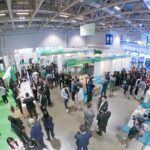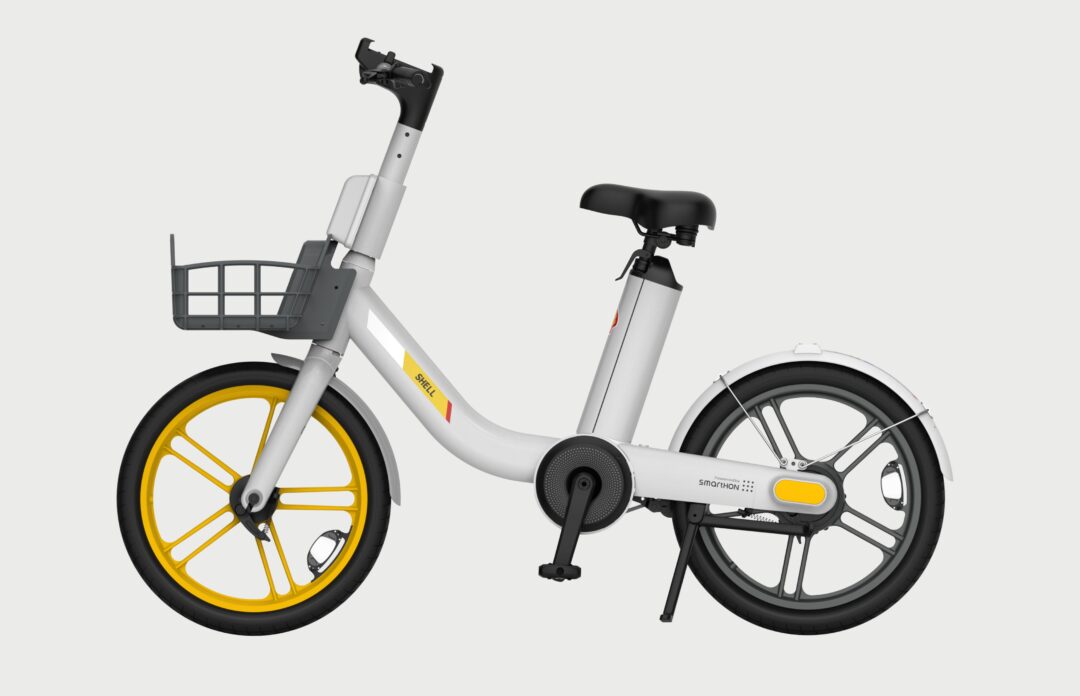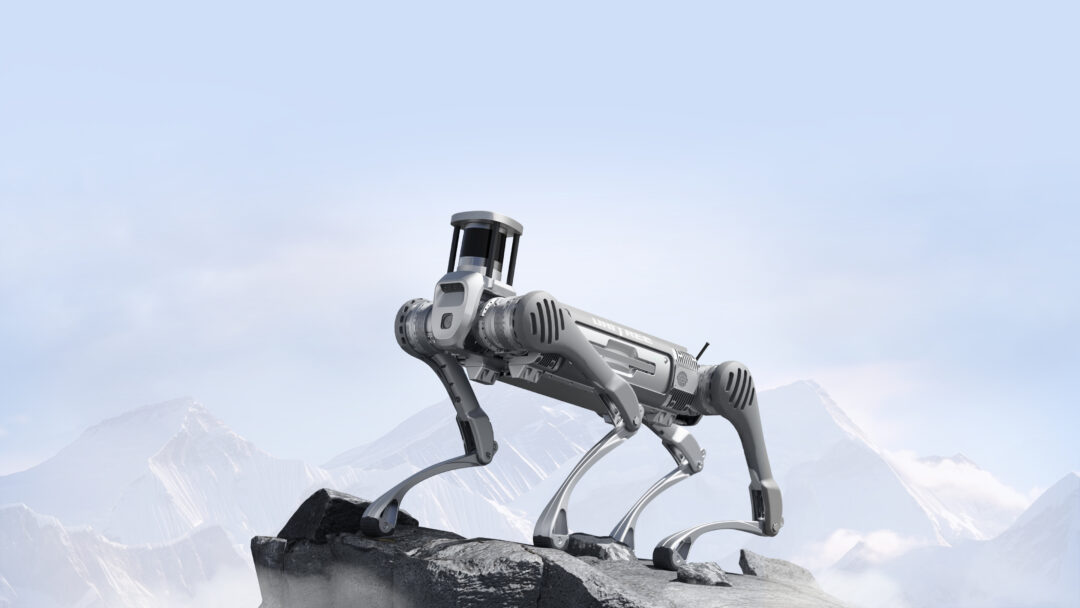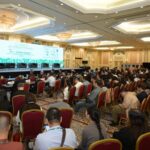Macau promotes environmental transformation
2025MIECF served as a comprehensive platform to promote green innovation, sustainable business development, international cooperation, and public participation in Macau’s environmental transformation.MIECF – Macao International Environmental Co-operation Forum & Exhibition, was held from March 27 to March 29, 2025 at the Cotai Expo at The Venetian Macao.
The event was held under the theme “Innovation and Green Development – Solutions to Build Beautiful Cities,” focusing on green transformation, ESG (environmental, social, and governance), low-carbon city transformation, and green technology industries.It featured professional and international forums, exhibitions, and business matching sessions that promoted sustainable development, carbon neutrality, circular economy, new energy, water resource management, and green buildings.
For the first time, the event used green power and introduced green power trading and a Green Electricity Certificate, emphasising renewable energy sources like solar, wind, and hydropower. The event also achieved a 90% recyclability rate for construction materials and promoted eco-friendly practices through awards and rebates.
More than four hundred companies from Asia-Pacific, Europe, and other regions participated, with over sixty overseas firms showcasing projects. Business matching sessions facilitated cooperation, including cross-border carbon credit projects and renewable energy collaborations. The Macao SAR Government portal noted that more than four hundred & fifty business matching sessions took place during the exhibition, facilitating the signing of more than fifty project agreements at the Protocol Signing Ceremony.

Green Future Industry Zone
Some of the most promising green tech innovations showcased at the Green Future Industry Zone included:
• Solar-powered and wireless charging system for shared electric bikes: This pioneering technology integrates flexible solar panels with magnetic wireless charging, enabling sustainable, off-grid charging solutions for urban micro-mobility, reducing reliance on grid electricity and promoting low-carbon transport.

• Robot Dog B2: A multi-purpose robotic dog equipped with advanced sensing capabilities, demonstrating applications in environmental monitoring and smart urban management, reflecting the integration of robotics and AI in green technology.

• Liquid-cooled ultra-fast charging systems for electric vehicles: These systems drastically reduce EV charging times to just over ten minutes, addressing a major barrier to electric vehicle adoption and supporting the transition to clean transportation.
• Electric motorcycles with automatic parking functions: Controlled via smartphone apps, these smart vehicles enhance convenience and promote low-carbon urban mobility.
• New biodegradable materials: Developed for SMEs and consumers, these materials support circular economy goals by reducing plastic waste and encouraging sustainable product design.
• Green power trading and Green Electricity Certificate: Innovative market mechanisms introduced to facilitate renewable energy adoption and incentivize green power consumption, advancing clean energy deployment.
• Interactive experiences in the Green Future Industry Zone: This zone emphasized the integration of environmental protection and technology, allowing visitors to experience the latest green innovations firsthand.
• Exhibits by companies like SUEZ and Macao Water: Showcasing innovations in water and waste management, contributing to sustainable urban infrastructure.
These tech innovations collectively demonstrated practical, scalable solutions addressing energy efficiency, clean transportation, waste reduction, and smart urban management – making them highly promising for accelerating the green transition in Macau and beyond to a low-carbon, circular economy.They also reflected Macau’s commitment to innovation and green development.
The Green Forum
The Green Forum focused on cutting-edge technologies and collaborative approaches to accelerate the green transition and sustainable development.
Key takeaways included:
• Collaboration and Knowledge Sharing: The forum emphasized the importance of active collaboration among governments, businesses, and experts to advance sustainable economic transitions, addressing climate change, natural capital, resource efficiency, and green infrastructure. Building partnerships and networks was highlighted as essential for achieving the Sustainable Development Goals (SDGs) and fostering inclusive green economies.
• Innovation and Technology for Green Transition: Discussions focused on leveraging innovative technologies such as biotechnology, synthetic biology, AI-controlled renewable energy systems, and advanced energy storage to accelerate decarbonisation and resource efficiency. The forum underscored the need for integrating sustainability into business practices as a driver of resilience and competitiveness.
• Inclusive and People-Centered Approaches: The forum highlighted that sustainable development must prioritize people’s well-being, skills, and education to ensure inclusive growth. Addressing social challenges alongside environmental goals was seen as critical for a just green transition.
• Financial and Policy Instruments: Innovative financing mechanisms, public-private partnerships, and policy frameworks were discussed as vital to support green innovation, scale up renewable energy, and create enabling environments for sustainable investments.
• Global and Regional Cooperation: The importance of cross-border cooperation, especially within regions like the Pan-Pearl River Delta, was stressed to share best practices, harmonise standards, and jointly tackle environmental challenges.
• Public Engagement and Awareness: The forum recognised the role of public participation and community-based projects in driving environmental improvements and supporting sustainable urban development.
The Green Forum acted as a catalyst for accelerating SDG implementation by promoting integrated, multi-sectoral approaches, fostering innovation, and strengthening partnerships at local, regional and global levels.
